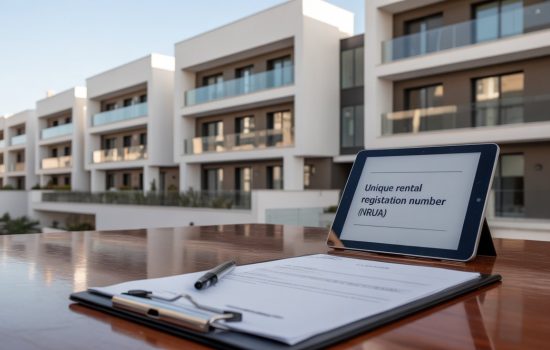
Moving to Spain is a dream for many international residents, but what happens when your life circumstances change and your current visa no longer fits your situation? Fortunately, Spain offers a legal pathway to change your visa type without having to leave the country: a process known as a “modificación de estancia o residencia.”
Whether you’re switching from a non-lucrative visa to a work permit, or from a student visa to a self-employed permit, understanding the legal framework and planning your timing is key to a successful transition.
Is it possible to switch visa types from within Spain?
Yes. The Spanish immigration system allows you to apply for a modification of your legal status from within the country, as long as specific requirements and deadlines are met. This is particularly relevant for:
- Non-lucrative visa holders who wish to start working.
- Student visa holders transitioning to work or entrepreneurship.
- Work permit holders switching to different employment or a self-employed path.
- Digital nomads or teleworkers who later wish to apply for long-term residency.
These procedures are regulated under the Reglamento de Extranjería (RD 557/2011) and further clarified in RD 629/2022, which modernized Spain’s immigration system to adapt to new labor realities.
Key benefits of changing your visa type within Spain
• No need to leave and re-enter the country to start the new permit.
• Continuity of legal residence (no interruption of your stay).
• Option to regularize your employment situation if you’re changing to a work-related permit.
• Faster integration into the Spanish social security and tax systems.
When and how can you apply?
1. Apply before your current permit expires
Timing is critical. You must submit the application within the last 60 days before your current permit’s expiry, or within 90 days after expiry, but the latter carries the risk of an administrative fine.
2. Have no criminal record
You must demonstrate a clean criminal background both in Spain and in any countries where you’ve resided over the past 5 years.
3. Fulfill the requirements of the new visa type
Each visa has its own criteria. For example:
- Switching to a self-employed permit requires a business plan, sufficient funds, and economic viability.
- Switching to an employee permit requires a signed job offer from a Spanish employer and labor market assessment, unless exempted.
Most Common Visa Modifications in Spain
If your situation in Spain has changed, you may be eligible to switch to a different visa category without leaving the country. Here are the most common transitions:
- From Non-Lucrative Visa to Work or Self-Employed Permit
This is possible if you can present a valid job offer or a viable business project. You’ll need to prove sufficient financial means and meet all legal requirements for your new activity. - From Student Visa to Work Permit or Digital Nomad Visa
After completing at least two years of higher education in Spain, you can apply to work or even start your own business. If you plan to work remotely for a foreign employer, the Digital Nomad Visa may be a faster path. - From Employee Permit to Self-Employed or Digital Nomad Visa
This change is fully legal and increasingly common. It allows greater flexibility for those looking to transition from employment to entrepreneurship or remote work. - From Family Reunification to Independent Residency
After one year of holding a family reunification permit, you can apply for your own independent residence status, granting you greater autonomy in Spain.
Required documents (General)
While each modification type has specific requirements, you will typically need:
- Valid passport and residence card (TIE or NIE).
- Proof of sufficient financial means or job offer.
- Criminal background check (apostilled and translated).
- Health insurance (if not covered by public system).
- Proof of continuous residence in Spain.
For work-related changes:
- Employment contract or business plan.
- Proof of qualifications (for regulated professions).
- Social security registration documents (if applicable).
Why timing and legal advice matter
The modification process can be complex, especially for those unfamiliar with Spanish bureaucracy. Errors in timing or missing documents can result in delays or even denial of the application.
A legal team specialized in immigration can:
- Ensure all documentation is complete and correctly translated/legalized.
- Submit your application online through the Mercurio Platform.
- Represent you in case of additional document requests.
- Help transition to long-term or permanent residency in the future.
Final Tips
- Plan at least 3 months in advance of your permit’s expiration.
- Get your criminal records and translations ready early.
- Always consult a legal expert if unsure which path fits best.
- Keep up-to-date with Spanish immigration law changes (they happen frequently).
Need expert assistance?
At Fuster & Associates, we help international clients navigate Spain’s complex visa system with clarity and confidence. Whether you’re shifting from a non-lucrative visa to a work permit or exploring a path to long-term residency, our team of regulated immigration lawyers is here to support you — every step of the way.
We want to help you navigate all the legal complexities that comes to buying or selling a house in Spain, but this article is legal information and should not be seen as legal advice.
- View more post about: Visa Renewal





